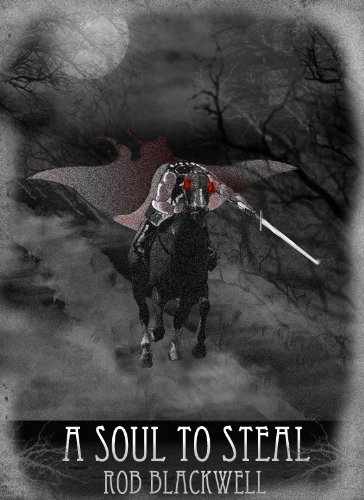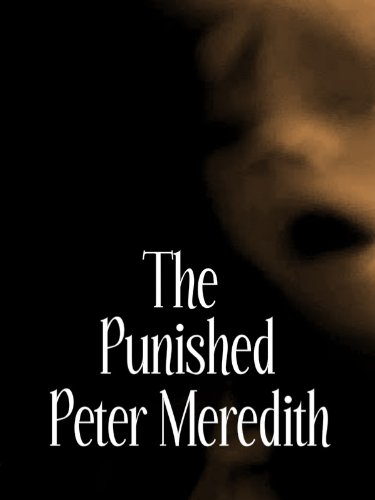 I haven't done many book reviews and I don't read a lot of nonfiction so I'm stepping out of my comfort zone in a couple of ways with this post.
Just so you don't get the wrong idea when I start picking at some of the things I didn't like about Praise of Motherhood by Phil Jourdan, I want to say up front that I enjoyed this book. I think my biggest complaint wasn't with content, or writing, or any of those things, but with the presentation of the book. Specifically, the title and back cover blurb.
I haven't done many book reviews and I don't read a lot of nonfiction so I'm stepping out of my comfort zone in a couple of ways with this post.
Just so you don't get the wrong idea when I start picking at some of the things I didn't like about Praise of Motherhood by Phil Jourdan, I want to say up front that I enjoyed this book. I think my biggest complaint wasn't with content, or writing, or any of those things, but with the presentation of the book. Specifically, the title and back cover blurb.
The title, Praise of Motherhood, led me to think it was about one of two things.
1) It was about the challenges of being a mother, perhaps written from the perspective of a dad/husband given the author's name, in which case, I, as a non-parent, could see little reason to read it.
OR
2) It was about how awesome mothers are, in which case, I already know how unbelievably awesome my Mom is and I don't need a book to tell me.
If a friend hadn’t handed me this book, I would never have picked it up from the title. In my personal opinion, the title pre-limits the audience in an unfortunate way.
On to the back cover blurb:
When Phil Jourdan's mother died suddenly in 2009, she left behind a legacy of kindness and charity — but she also left unanswered some troubling questions. Was she, as she once claimed, a spy? Had she suffered more profoundly as a woman and parent than she'd let on?
Jourdan's recollections of his struggles with psychosis, and his reconstructions of conversations with his enigmatic mother, form the core of this memoir. Psychoanalysis, poetry and confession all merge to tell the story of an ordinary woman whose death turned her into a symbol for extraordinary motherhood.
The 'troubling questions' intimated in the blurb, a large part of what intrigued me about the book as someone who usually reads fiction, never played a significant part in the narrative nor were they, in my opinion, ever truly given an answer. I didn't see this as a flaw in the book, but rather a flaw in the focus of the blurb.
Additionally, while Praise of Motherhood did explore the author's relationship with his mother, it didn't strike me as a story about the author's mother. She was a constant throughout the narrative, an anchor in his life and a woman who really didn't seem know what to do about or for her troubled son, but who stood by him regardless. I think she was a heroic figure, but I never experienced a deep connection to or understanding of her life the way I did the author's. It was, for me, more about the author's journey prior to his mother’s death and his struggle to come to terms with losing her.
When I first started reading Praise of Motherhood, I stumbled over the writing style/voice of the author, but developed a deep appreciation for it by the end of the first chapter. Phil Jourdan's writing takes on an almost poetic quality, the ideas flowing smoothly so that you soon find yourself swept helplessly along like a leaf caught in a river's current. It's deceptively easy to coast from one chapter to the next. In places, I would even call the writing beautiful.
The author himself comes across as a sometimes dark, sometimes gentle, often lost and troubled soul. The story he tells leads you through many turbulent years of his youth and occasionally slips into creative fiction passages that speculate upon his mother's life and her views.
Would I recommend Praise of Motherhood?
That's a complicated question.
There are things about Jourdan's story that I found captivating because of my long-time interest in psychology. Would someone who didn't share that interest be intrigued by those aspects of the book? I can't say.
There are places I truly sympathized as someone who has lost a parent. Would someone who hadn't experienced such a loss relate as well? I don't know.
There are glimpses of a brilliant imagination that I enjoyed as a reader and writer of fiction. Would everyone enjoy that aspect? They might.
Praise of Motherhood is a fascinating and candid exploration of the author's life and struggle to cope with the passing of the one person who was always there for him. It's a fast read and anyone intrigued by any aspect of the story would not be ill-served by picking it up. Phil Jourdan truly brings his journey to life for his reader and it's a riveting journey.
Visit the Goodreads page for Praise of Motherhood to read more reviews and for links to purchase or visit Phil Jourdan's blog.
Happy reading!




































